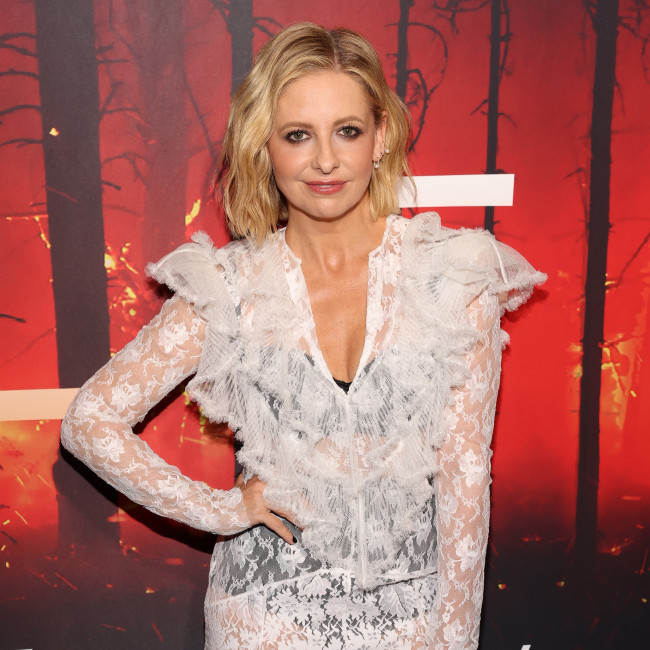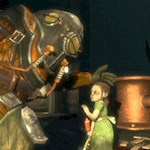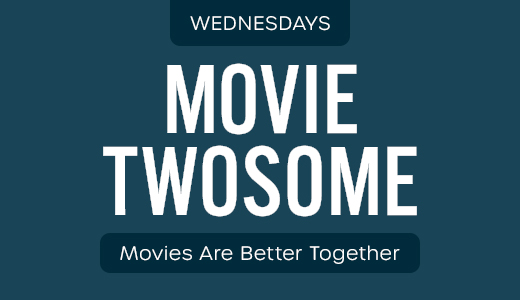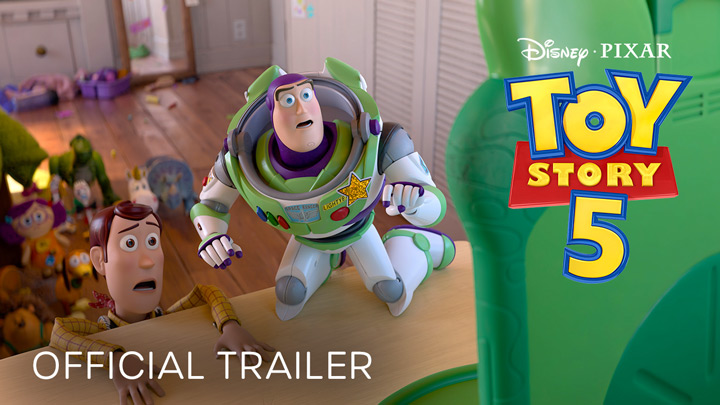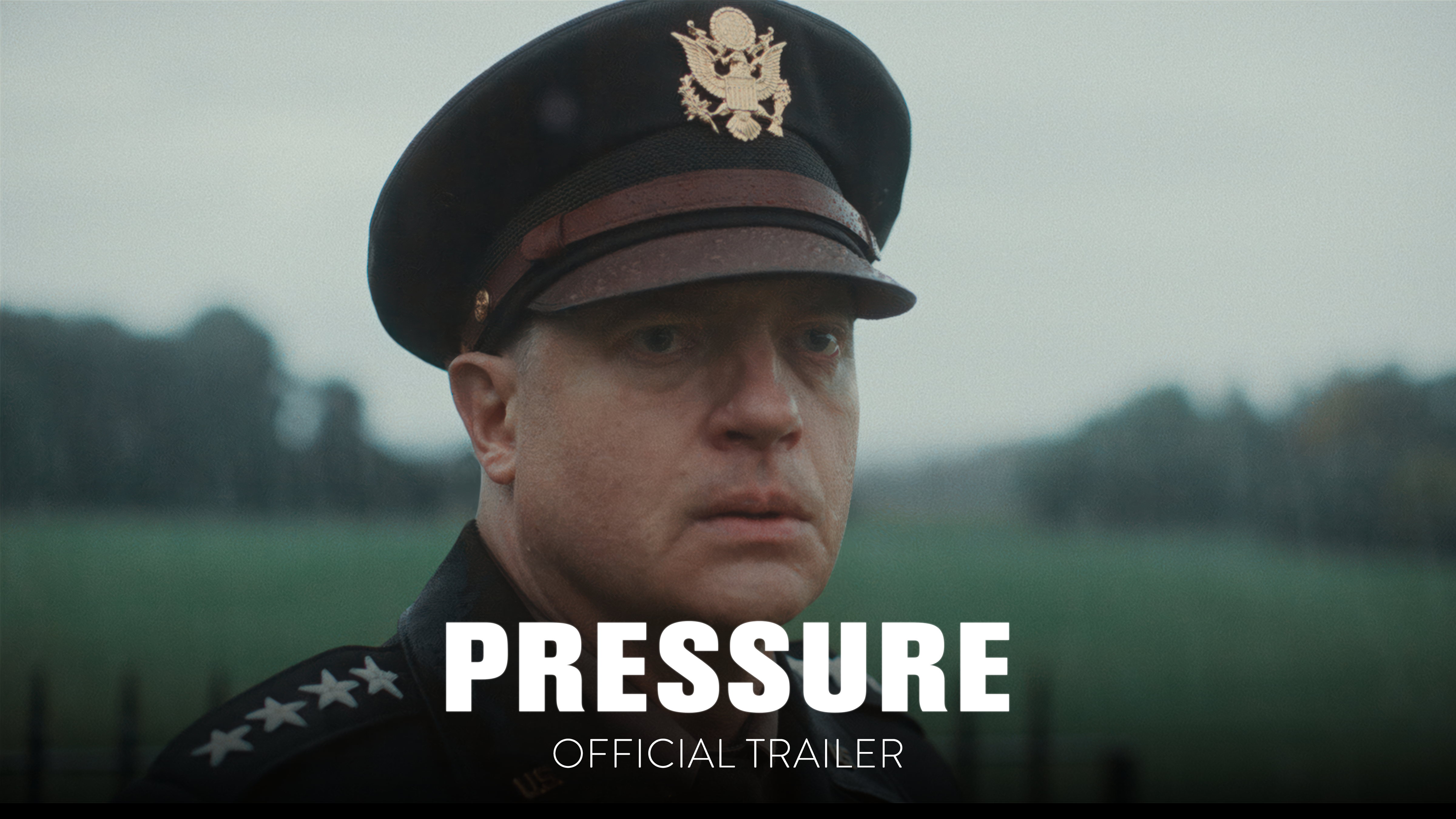Sarah Michelle Gellar: ‘Horror is one of the few genres that has given women lead roles’
Sarah Michelle Gellar has hailed the horror genre for giving women lead roles.
The ‘Buffy the Vampire Slayer’ actress, 45, said she loved how 2004’s ‘The Grudge’, in which she played haunted exchange student Karen Davis, turned out to be one of the biggest smashes in film history.
She told SFX magazine: “Horror takes you to a totally different place. It’s also about the roles for women.
“Traditionally, there were only a few genres where women could really lead. I remember when ‘The Grudge’ came out, and I am sure it’s been surpassed, but at the time it was the second-highest, female (fronted) opening ever.
“I am sure it’s still in the top 10 because they just don’t make movies with women up front in the lead.
“Horror is one of the few genres where you get to do that. Having a character like Buffy, who is so three-dimensional and hits all those notes… you don’t just want to be the wife or the girlfriend.”
‘The Grudge’ came after the success of the American remake ‘The Ring’ in 2002, with Sony Pictures hiring its original director Takashi Shimizu to make Sarah’s version.
It made $187.3 million in global box office takings on a budget of $10 million and spawned three more films in the series.
Sarah added she is also proud of the legacy of her six-year run on the ‘Buffy the Vampire Slayer’ series – despite last year joining other cast members in branding it a “toxic” set.
She said: “As an actor, all you ever want to do is a show that affects people, that they love and holds up.
“That is your legacy. I am so proud of what we created. It’s been a tumultuous couple of years, and understanding the show and its legacy, there is good and bad to all of it.
“I have gotten to a place now where we can really appreciate the show for what we created.
“I am so proud that during the pandemic, the show reached a whole new generation of people that still felt that it spoke to them, that it was still timely and it still meant something to them.”
